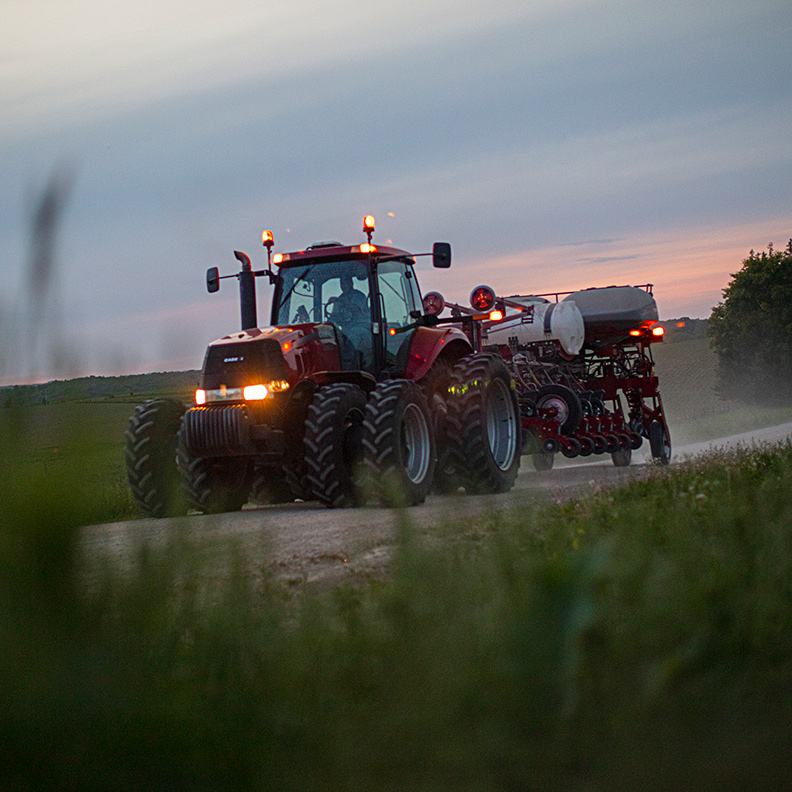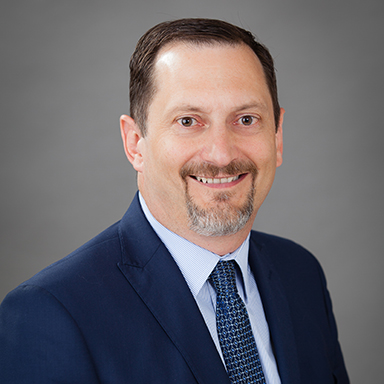With record-high commodity prices in almost all sectors of the agricultural industry, it is a safe bet that we will look back at 2022-2023 as “good times” in agriculture. However, the volatility we are experiencing in commodity markets also makes it more difficult to assess opportunities. In some respect, the future is more uncertain than ever, and the decisions that farmers and ranchers make during the “good times” may have long-lasting effects on their operations.
Across my nearly four decades of reviewing and renewing agricultural operating lines, one of the biggest decisions ag operators have always faced is whether to purchase updated equipment or land. If you have extra income due to the increased commodity prices, does that mean it’s a good time for critical expenditures? Let’s look at some key factors to consider before making these purchases.
Equipment purchases
Equipment is an unavoidable need. It can provide a lot of utility and return on investment to your business if deployed effectively. It is also a depreciating asset and is expensive to maintain. The key is to strike a good balance between overall investment and efficiency.
An operation with a smaller equipment investment will in theory be more profitable in the long run, but that doesn’t hold true if you can’t get work done in a timely manner or if repairs become excessive. Capital expenditure decisions for equipment should be thoughtful and planned well in advance. Your banker can’t tell you what decisions to make, but they can help you gain a perspective on how much new debt is reasonable based on your projections and leverage position.
You should plan for equipment repairs and updates each year, and a general rule is to set a budget that’s about 10% of your current equipment value. For example, if your equipment is worth $1 million, you can expect to spend around $100,000 to maintain your equipment line. Based on that measuring stick, anything above 10% is expansion of the investment while investment below this level could be a depletion or using up a portion of the equipment line. The key is to take a long-term, measured approach to equipment purchases. A banker will often ask customers what they are choosing not to buy when making purchase decisions, with the understanding that all businesses have constraints based on what they can afford.
Land purchases
Ag land prices continue a long upward trend and have recently skyrocketed. With such high land prices and increasing interest rates, there is certainly elevated risk in buying land today. There are three groups of buyers in the ag real estate market, and each group approaches the market a bit differently:
Investors
Investors are often motivated by many outside factors unrelated to farming and ranching, and in many cases are looking to park wealth rather than create it.
Equity buyers
These are farmers and ranchers with strong balance sheets who have little debt and, like investors, are less concerned about return and wealth creation. They may just simply want to own the land and are often willing to pay a premium based on quality and location. Equity buyers typically are less concerned about the return on the purchased land and focus more on a global return from all assets.
Traditional buyers
These are farmers and ranchers who are carrying a material amount of debt and who need to build wealth for themselves and their families. They are typically funding the purchase almost 100% with increased debt, either by pledging additional owned land as collateral or by using some working capital that will ultimately increase operating loan balances. If this type of buyer makes a purchase, their total liabilities will increase by the amount of the purchase, as they always have some debt on their balance sheet.
If you fit this definition, be careful not to overextend in this environment. None of us know what land values or commodity prices will be in the future. However, we do know that they both have been cyclical historically and both can go down. Understand that if you are competing with an investor or an equity buyer for a land purchase, what makes sense for them may not make sense for you.
What else should ag operators keep in mind?
Working capital is more important than ever
Working capital (the difference between current assets and current liabilities) is a key hedge against uncertainty. Therefore, working capital is more important than ever. It allows you to withstand some adversity without capital injection or debt restructure. It also allows you to take advantage of discounts and greater marketing flexibility. If you have had the fortune of average-to-good yields and strong commodity prices, it is a good idea to raise your target working capital substantially. Saving more dry powder in these times may pay some handsome dividends in the future.
Higher interest rates are a reality
It is reasonable to expect that we will continue to see higher interest rates in the coming years. In recent years, good operators could borrow money and buy equipment or land that ultimately created a return to their operations that exceeded the interest costs. As interest rates increase, buying assets which add to your bottom line will be much more difficult.
Each operation must find the right balance
One of the many habits I learned growing up on a ranch in western North Dakota is to measure time by season. As I write this, I have started my 36th season in this profession. I love that despite whatever challenges we face in the ag industry, we get a bit of a fresh start each year, with lots of renewed potential.
The current environment is certainly full of potential, but also uncertainty and risk. No two operations have the same needs, so finding the right balance between spending and saving will be critical for your operation to tap into that potential.

